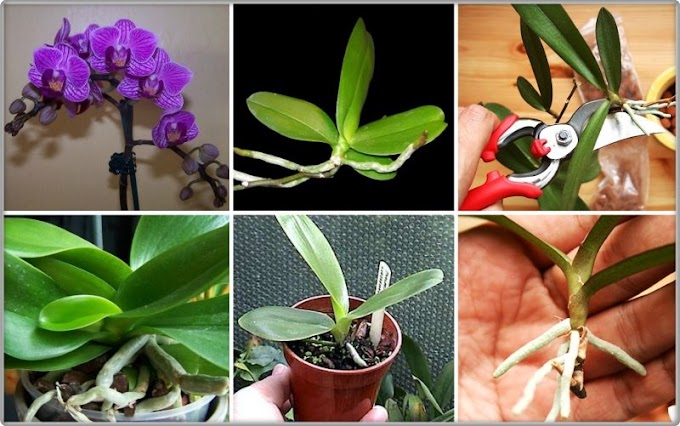Pterodiscus luridus is a caudiciform plant similar in many parts to Pterodiscus aurantiacus. It has a stout tuberous stem base or caudex rising a few cm above the ground about 30-40 cm tall, 3/4 of which is normally underground, upper part conical 6-7 cm in diameter at the widest part and 1.5-2 cm at the top, bark smooth, pale grey.
And sending forth from its crown, on the approach of the wet season, a few herbaceous, succulent, leafy, flowering branches covered, like the leaves and flowers, with a powdery pruinose pubescence. The leaves are oblong 5-7.5 cm long, up to 2.5 cm broad , deeply scalloped, upper surface dark green, lower surface bluish.
The trumpet-like flower 2-3 mm, are dirt yellowish with many red dots on the outside.The annual stems are deciduous, and generally die in winter when the plant is dormant.
Origin:
Pterodiscus luridus native to South Africa.
How to Grow and Care
Pterodiscus is a member of the Pedaliaceae family. A very easy to grow caudex forming plant. It is tolerant of a variety of growing condition, from hot and dry to moist and partly shaded. Just depends on how you want your plant to look and flower.
Propagation can be done by seeds. Sow Pterodiscus luridus seeds on the surface of a well-drained, seed sowing mix, at about 22ºC. Seeds will usually germinate in 30 to 60 days, depending on the climatic conditions of the area. When germination is successful, seedlings will grow rapidly.
Grow in well-drained soil and it requires plenty of water while in active growth, in summer, but take care not to overwater. Keep it dry in winter, when the annual stems die back, until the next growing season. This plant should be grown in a semi-shaded to full sun position.
- Learn more at HOW TO GROW AND CARE Pterodiscus
Links:
Back to the Genus Pterodiscus
Search Succulents by Family or if you prefer to search SUCCULENT PLANTS
Browse succulents by Scientific Name,Common Name,Genus, Family,USDA Hardiness Zone, Origin,or cacti by Genus
And sending forth from its crown, on the approach of the wet season, a few herbaceous, succulent, leafy, flowering branches covered, like the leaves and flowers, with a powdery pruinose pubescence. The leaves are oblong 5-7.5 cm long, up to 2.5 cm broad , deeply scalloped, upper surface dark green, lower surface bluish.
The trumpet-like flower 2-3 mm, are dirt yellowish with many red dots on the outside.The annual stems are deciduous, and generally die in winter when the plant is dormant.
- Scientific Name: Pterodiscus luridus Hook.f.
- Common names: Lurid flowered pterodiscus
- Family: Pedaliaceae
- Genus: Pterodiscus
Origin:
Pterodiscus luridus native to South Africa.
 |
| source pic:pinterest.com |
How to Grow and Care
Pterodiscus is a member of the Pedaliaceae family. A very easy to grow caudex forming plant. It is tolerant of a variety of growing condition, from hot and dry to moist and partly shaded. Just depends on how you want your plant to look and flower.
Propagation can be done by seeds. Sow Pterodiscus luridus seeds on the surface of a well-drained, seed sowing mix, at about 22ºC. Seeds will usually germinate in 30 to 60 days, depending on the climatic conditions of the area. When germination is successful, seedlings will grow rapidly.
Grow in well-drained soil and it requires plenty of water while in active growth, in summer, but take care not to overwater. Keep it dry in winter, when the annual stems die back, until the next growing season. This plant should be grown in a semi-shaded to full sun position.
- Learn more at HOW TO GROW AND CARE Pterodiscus
 |
| source pic:pinterest.com |
 |
| source pic:pinterest.com |
 |
| source pic:pinterest.com |
Links:
Back to the Genus Pterodiscus
Search Succulents by Family or if you prefer to search SUCCULENT PLANTS
Browse succulents by Scientific Name,Common Name,Genus, Family,USDA Hardiness Zone, Origin,or cacti by Genus



